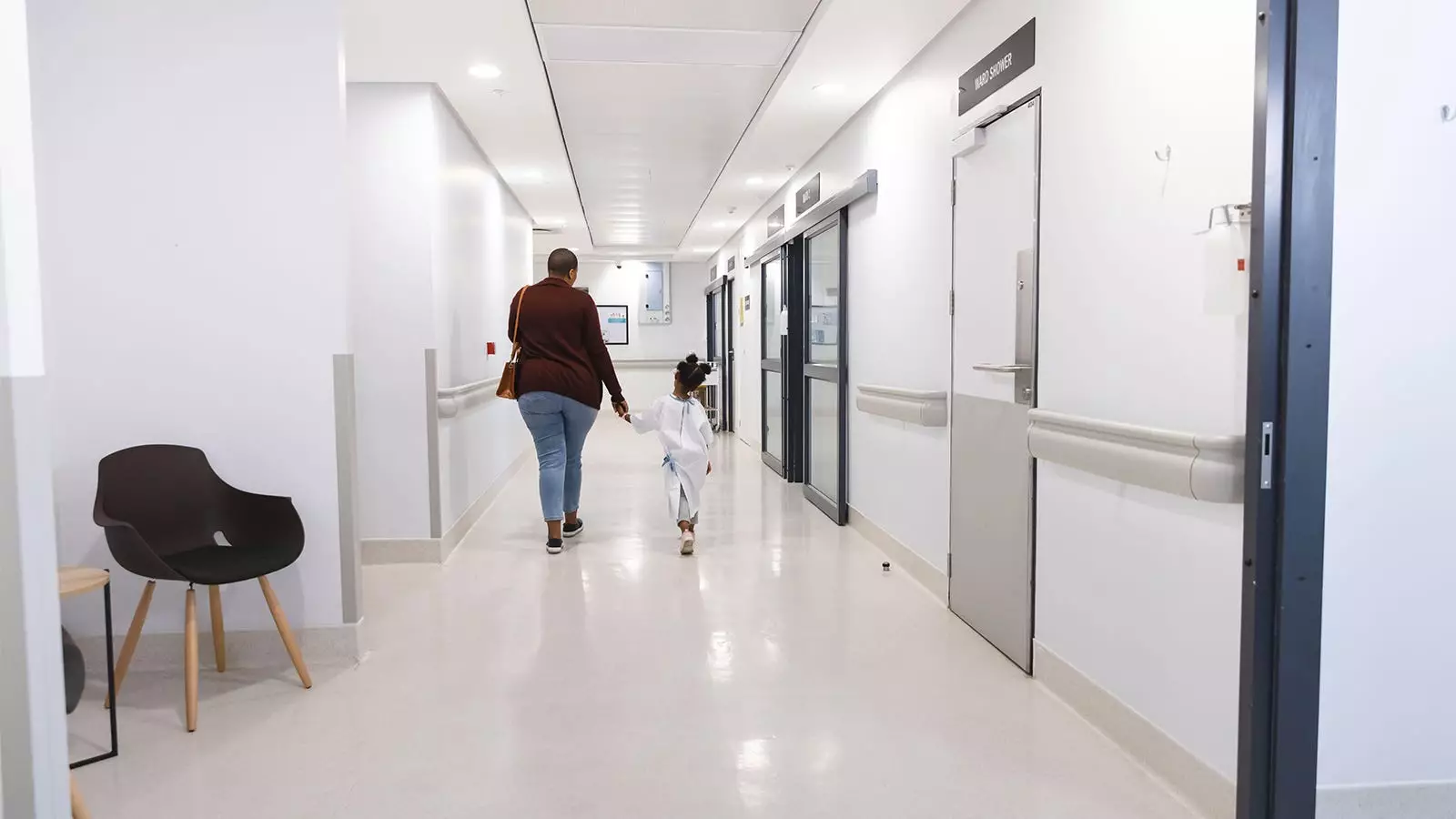In cities like Washington, D.C., huge disparities exist in life expectancy between neighborhoods. From affluent suburbs to inner-city areas, the gap can be as much as 30 years. This stark reality is not unique to Washington, as similar discrepancies can be seen in cities across the United States, from New York to New Orleans. Even in rural regions, especially in the Deep South and Appalachia, significant disparities in life expectancy persist. The question we must ask ourselves is: How is it possible for individuals living only a few miles apart to face such drastically different outcomes, and why are we allowing this to happen?
While socio-political determinants certainly contribute to these disparities, the issue runs much deeper. Certain communities face housing instability, food insecurity, lack of transportation, and educational and economic disparities, both in urban and rural areas. Moreover, lower-income communities often lack adequate access to healthcare, particularly specialists. In order to bridge the health equity gap, we must address the systemic issues within the healthcare financial system that perpetuate these disparities. Our current system focuses more on managing disease than preventing it, which often results in rewarding the management of illness over the prevention of disease. Additionally, remnants of a racist, classist, and sexist past still influence policy decisions today, further exacerbating health disparities.
One of the tools that can help us tackle health disparities is data-driven decision-making. By leveraging data to assess outcomes from various interventions, drugs, and devices, we can better understand what works and what doesn’t. Understanding population-based outcomes is crucial for both financial success and community health. However, it’s important to acknowledge that data can be biased, and therefore, it must be audited to ensure accuracy. By utilizing data effectively, we can identify and address barriers specific to underserved populations and preventable chronic conditions, thus creating more inclusive healthcare experiences.
Communication and respect are key components in addressing health disparities, particularly in the healthcare setting. Doctors, who are often trained to make quick assessments and judgments, must work to improve communication with patients from marginalized groups. Studies have shown that patients who feel judged by their healthcare providers are less likely to seek care, leading to disruptions in healthcare access. Tools such as the CDC’s Health Equity Guiding Principles for Inclusive Communication can help providers communicate with patients in a respectful and inclusive manner. It’s essential to use person-first language, avoid stereotypes and generalizations, and be mindful of the language used to describe individuals or groups.
While government programs like Medicaid play a crucial role in addressing health equity, the private sector also has a significant part to play. Beyond healthcare corporations, every company has the potential to invest in improving health outcomes and life expectancy in their communities. This could include providing better understanding of healthcare plans to employees, expanding coverage for out-of-pocket expenses, investing in benefits like nutrition programs, and expanding access to primary care and mental health services. By partnering with the private sector, we can work towards a more equitable healthcare system that benefits all individuals regardless of their socioeconomic status.
Addressing health disparities requires a multifaceted approach that involves tackling systemic issues, leveraging data effectively, improving communication in healthcare settings, and fostering partnerships with the private sector. While the task may seem daunting, it is a necessary endeavor in order to dismantle the entrenched disparities that exist and ensure that everyone has an equal opportunity to lead a healthy life, regardless of their zip code. By taking bold and decisive action, we can work towards a future where health equity is a reality for all.

Leave a Reply